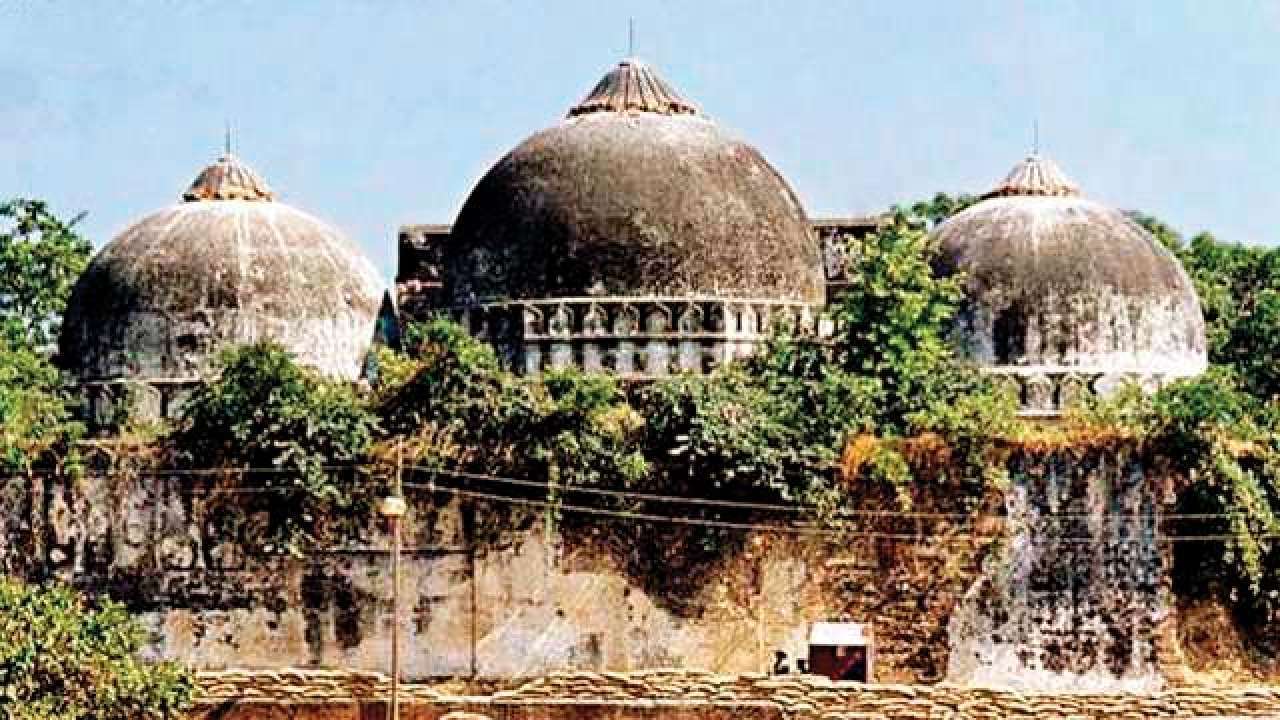
Ayodhya mediators: supreme court did its own background check
- Select a language for the TTS:
- UK English Female
- UK English Male
- US English Female
- US English Male
- Australian Female
- Australian Male
- Language selected: (auto detect) - EN
Play all audios:
The Hindu and Muslim sides to the Ayodhya title suit case were caught by surprise with the announcement of the mediation panel comprising retired SC judge FM Ibrahim Kalifulla, spiritual
guru Sri Sri Ravi Shankar and a renowned practitioner of mediation law Sriram Panchu. While the leading lawyers on the Hindu side claimed they did not offer any choice of mediators to the
Court, the lawyers appearing for the Muslim side did admit that they submitted names to the Court but were not the ones comprising the final panel prepared by Court. In its order, the Court
said, "Having taken note of the names suggested by the parties we are of the view that the following panel of learned mediators should be appointed." Somewhere, it is evident, that
the Court itself did a background study on the persons worthy to take up this task and could have spoken to them as well before assigning them such a sensitive task. While the profile of
Sri Sri Ravi Shankar is quite known, the choice of Justice (Retd) Kalifulla and senior advocate Panchu requires consideration. Justice Kalifulla who practised law at Madras High Court was
born in Tiruchi in August 1951. His father, M Fakkir Mohammad, is a former judge of Madras High Court who passed away in 1983 while in office. He died at Mecca. His forte was labour law
although in his tenure as an advocate he mastered civil and administrative law as well. During his four-year stint at the Supreme Court, he created a sensation by cleaning up the apex
cricket body – Board of Control for Cricket in India (BCCI) by ordering path-breaking reforms in the administration of the game and running of affairs at BCCI. In another landmark decision
passed in July 2016, just days before his retirement, he decided that civil and criminal cases pending in courts of Jammu and Kashmir can be transferred outside the state and vice-versa.
Being a strong proponent of access to justice, Justice Kalifulla concurred with the then Justice TS Thakur who said, "Denial of an order of transfer from or to the court in the state of
J&K will deny the citizen his or her right of access to justice." His role in the mediation process will be significant as he heads the panel. The other significant name is Sriram
Panchu who has a roaring arbitration practice. Last year, he was appointed as a Member of the National Legal Services Authority (NALSA), the apex body in the country dispensing free legal
aid and settling disputes out-of-court by way of mediation and conciliation. Panchu is a practising lawyer at the Madras High Court and appears in important cases before the top court. In
2008, in a PIL challenging the Sethusamudram Shipping Canal Project of the Centre, the petitioner said that the project alignment cuts through Ram Sethu or Adam's Bridge having
religious significance for Hindus. Panchu appeared for one of the petitioners in this case. SEAT OF MEDIATION Faizabad — the first capital of Nawabs of Awadh — around 7 km from Ayodhya will
be the seat of mediation for exploring the possibility of amicable settlement in the decades-old politically sensitive Ram Janmabhoomi-Babri Masjid land dispute case ALL HAIL FROM TN The
three mediators to resolve Ayodhya dispute have a common thread — all hail from Tamil Nadu. Kalifulla hails from Karaikudi in Sivaganga district while Ravi Shankar was born in Papanasam near
Kumbakonam in Thanjavur and Panchu is Chennai-based